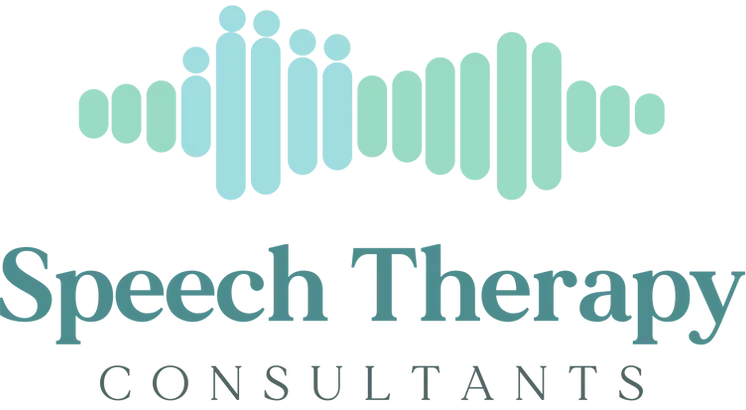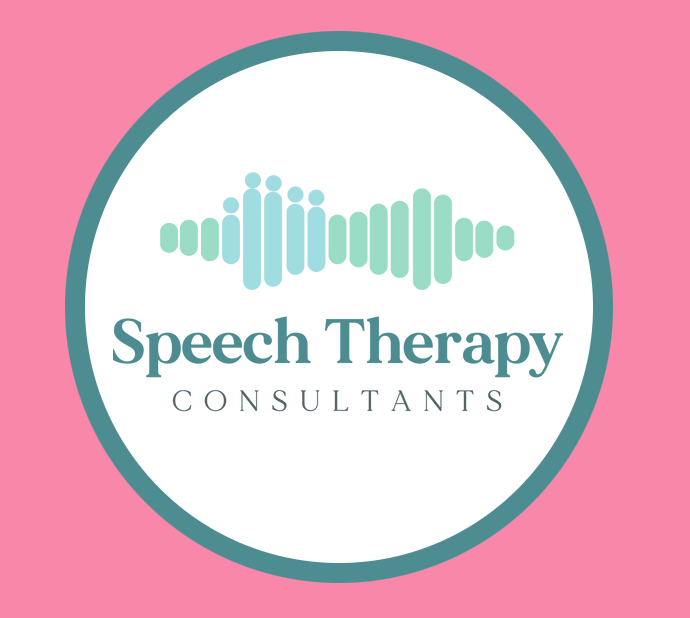FREQUENTLY ASKED QUESTIONS
DOES MY CHILD NEED SPEECH-LANGUAGE THERAPY SERVICES?
If you are concerned about your child’s speech or language skills, you should contact a speech-language pathologist (SLP). An evaluation will determine whether speech and/or language therapy is appropriate for your child.
MY CHILD HAS A LANGUAGE DELAY. SHOULD WE WAIT AND SEE IF HE CATCHES UP?
No. It is important to address language delays early. In addition to therapy services, we provide family coaching, so language development can be facilitated in the child’s natural environment.
WHAT ARE THE BENEFITS OF PRIVATE SPEECH THERAPY?
We believe there are a myriad of benefits to choosing private speech therapy services at STC, including:
- Rapid access to evaluation and treatment services
- Flexible scheduling
- Individualized treatment sessions
- Play-based, child-centered, therapy sessions
- Parent and caregiver involvement in every session
- Therapy sessions focused around client interests and personal goals, for adolescents and adults
- SLPs with post-graduate training in a variety of specializations
- Ability to communicate with your treating therapist
- Homework/home programs created by your treating therapist to facilitate carryover
WHERE DO SERVICES TAKE PLACE?
Services are provided in our centrally located Highland Park clinic. Our office is located right off of River Road, minutes from Piscataway and downtown New Brunswick. We are located within close proximity to the towns of Edison, New Brunswick, Piscataway, Somerset, East Brunswick, Milltown, Sayreville, South River, South Plainfield, North Brunswick, and Metuchen. Our clinic is within a short driving distance of Bound Brook, Middlesex, Woodbridge, South Brunswick, and Old Bridge. We also offer teletherapy sessions, for clients who would like services from the comfort of home.
DO YOU TREAT PEDIATRIC CLIENTS OR ADULT CLIENTS?
Both! At STC, we provide high-quality, individualized therapy services for children, adolescents, and adults with a variety of communication and cognitive needs.
We specialize in treating:
- Language delays/expressive-receptive language disorders (including Gestalt Language Processors)
- Pragmatic language disorders
- Articulation/phonological disorders
- Childhood apraxia of speech
- Traumatic brain injury (TBI)
- Parkinson’s disease
We also provide treatment for clients with fluency disorders (stuttering/cluttering), aphasia, cognitive disorders, and literacy disorders.
WHAT SPECIALIZED PROGRAMS ARE OFFERED AT STC?
STC’s speech-language pathologists participate in extensive professional development throughout the year. Below is a selection of training courses completed by our clinicians:
- Prompts for Restructuring Oral Muscular Phonetic Targets (PROMPT)
- Dynamic Temporal and Tactile Cueing (DTTC)
- Lee Silverman Voice Treatment (LSVT Loud)
- Picture Exchange Communication System (PECS)
- Natural Language Acquisition (Meaningful Speech-Gestalt Language)
- The Ultimate Play-Based Speech Therapy Course
- Simon Says Myofunctional Therapy Training
HOW DOES THE PROCESS WORK?
Clients interested in services should contact us via our website or by phone at 732-763-5593. You will receive a phone call or email response shortly. For clients with insurance, we will request the following information to run a benefits check:
- Photos of the front and back of your insurance cards
- Your child’s full name and date of birth
- Full name and date of birth of the primary insured
We will run a benefits check and provide you with information regarding speech therapy services, from your insurance company. Please note that while we try to be as accurate as possible when verifying benefits, your fees may change depending on your eligibility and benefits during the date of sessions. The benefits check is an estimate, and exact fees will only be known once your insurance is billed and an explanation of benefits is issued. We encourage all clients to call the number on the back of their insurance card and ask a member representative about “speech therapy, outpatient, office visit” benefits. If you have out-of-network benefits, we will also conduct a complimentary benefits check. After the benefits check is conducted, we will send you our intake paperwork to fill out, and schedule your evaluation. Following the evaluation, you will receive a detailed speech-language report. If speech therapy services are determined to be necessary, the report will contain a Plan of Care with goals and recommendations for treatment. We will then schedule your weekly therapy sessions.
HOW LONG WILL TREATMENT TAKE?
This is highly individualized and depends on the client’s diagnosis, the severity of his or her condition, and various additional factors. Some clients attend therapy for a few months, while others require years of treatment.
HOW OFTEN SHOULD I ATTEND THERAPY?
Your speech-language pathologist will determine therapy frequency following your initial evaluation. Typically, clients attend therapy 1-2 times per week for 30 minutes. However, some clients require more intensive therapy services. In those cases, more frequent therapy sessions are recommended.
HOW WILL I BE BILLED FOR SERVICES?
STC utilizes a secure, HIPAA-compliant online portal that stores and processes payments. Fees for services (including co-pays, private pay payments, etc.) will be charged at the time of your session. Clients can access payment information and invoices in the client portal.
WHAT IS THE DIFFERENCE BETWEEN SCHOOL-BASED SPEECH THERAPY SERVICES AND PRIVATE SPEECH THERAPY SERVICES?
There are many differences between school-based speech therapy services, and private speech therapy services. School-based services are intended to be educationally relevant. A school-based speech-language pathologist must demonstrate that a child’s speech-language disorder is negatively affecting learning/or social skills in the school setting. If a child has a speech-language disorder, and there is no demonstrable effect on their education, the child will not be seen for services at school. Additionally, if a child has a speech-language disorder that is affecting them educationally, but they do not score low enough (qualify based on state criteria) on the standardized assessments conducted by the school, they also may not be seen for speech therapy services in the school setting. Besides qualification criteria, school-based services differ from private speech therapy sessions, because they are typically conducted in a group setting, with up to five children in a group (all of whom may have various speech-language disorders). Private speech therapy sessions are conducted individually at Speech Therapy Consultants. For more information on the differences between school-based and private therapy services, check out this great article:
WHAT IS THE DIFFERENCE BETWEEN SPEECH AND LANGUAGE?
Speech refers to the production of sounds and words. Speech disorders occur when individuals have difficulty saying particular sounds (like /r/, for example) and/or coordinating the movement of their articulators (tongue, lips, mouth). Language refers to vocabulary, sentence structure, and pragmatics (social language). Characteristics of language disorders include a limited vocabulary, difficulty constructing grammatically correct sentences, trouble with producing narratives, and poor conversational skills.
CAN I OBSERVE MY CHILD’S SPEECH THERAPY SESSIONS?
Absolutely! We value collaboration with families and caregivers, so that treatment methods utilized during therapy sessions can be carried over in the home environment and utilized during everyday routines.
DO YOU COLLABORATE WITH OTHER PROFESSIONALS?
Yes, we routinely collaborate with teachers, parents, OTs, other SLPs, and any other professionals that our clients work with.
DO YOU ACCEPT INSURANCE FOR OCCUPATIONAL THERAPY SERVICES?
We are in network with commercial Horizon Blue Cross Blue Shield healthcare plans for occupational therapy. We can provide you with a superbill to submit to your insurance company, if you have out of network benefits.
HOW LONG WILL MY CHILD NEED OCCUPATIONAL THERAPY?
The duration of occupational therapy varies from person to person and depends on the individual's unique needs and goals. Our experienced therapists at Speech Therapy Consultants will create a customized plan and regularly evaluate progress to determine the optimal duration of therapy.

